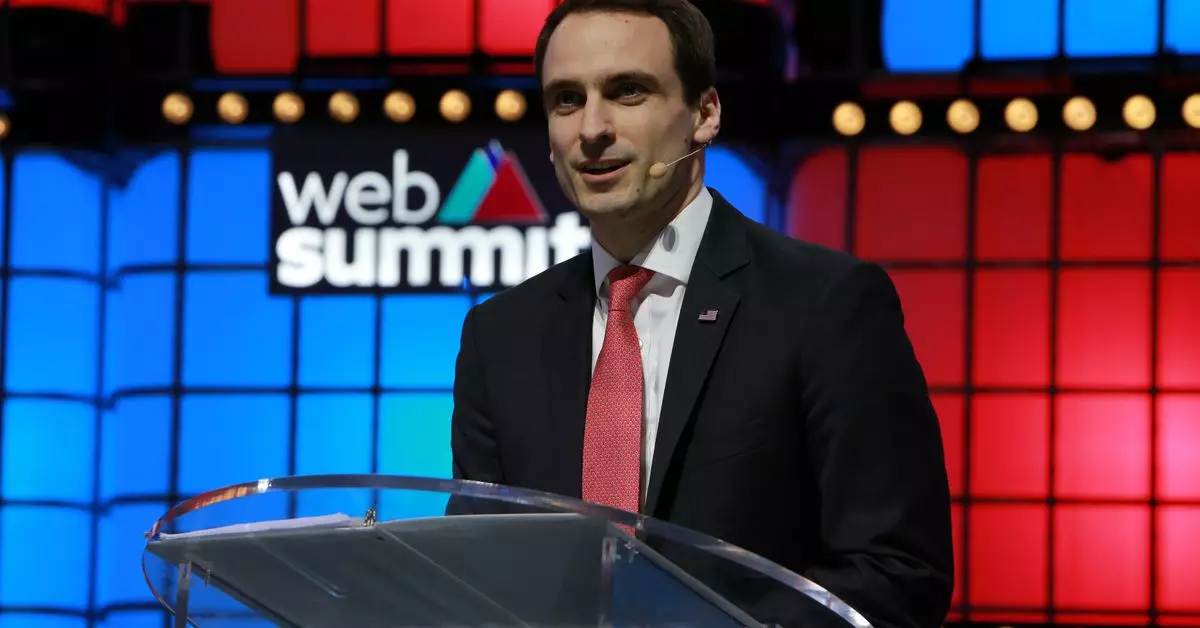In a recent announcement via Truth Social, former President Donald Trump unveiled a fresh cadre of leaders who will spearhead his administration’s approach to technology and digital assets. This selection not only underscores his emphasis on advancing tech policy but also raises questions about the future direction of the government under his potential leadership. With names like Michael Kratsios and Lynne Parker in key roles, Trump expresses a distinct return to familiar faces intertwined with his vision for innovation and regulation in the tech landscape.
Michael Kratsios has been positioned as the frontrunner to lead the Office of Science and Technology Policy (OSTP) should he receive Senate confirmation. Kratsios, who previously operated as the Chief Technology Officer during Trump’s initial term, brings a wealth of experience from his prior role at the Department of Defense and his tenure with Scale AI. His appointment signifies Trump’s strategy to lean on proven allies who understand the intricacies of technology governance. Kratsios’ ambitions for the OSTP exhibit both continuity and a potential willingness to further integrate advanced technology into national policy.
The newly formed Presidential Council of Advisers for Digital Assets—informally termed the “Crypto Council”—will be led by Bo Hines. Hines, who has previously campaigned for a congressional seat, is indicative of Trump’s intention to merge youthful energy with technology governance. While his background in sports may be unconventional for such a role, it reflects a strategy to recruit non-traditional candidates that resonate with younger voters. This move could potentially invigorate discussions surrounding cryptocurrency and blockchain technologies, compelling a deeper examination of regulatory frameworks that shape their development.
Another notable appointment is that of Sriram Krishnan, who joins the OSTP as an advisor on matters related to artificial intelligence. His extensive résumé includes significant roles across Silicon Valley giants, which gives him a unique perspective on the challenges and opportunities in the AI sector. Krishnan’s expertise signals a commitment to fostering innovation, yet it may also spark criticism regarding the entanglement of corporate interests with governmental policy, especially given the context of ongoing debates over data privacy and ethical AI deployment.
David Sacks, deemed Trump’s “AI and crypto czar,” is known for his close ties with tech magnate Elon Musk. The association with Musk, who has garnered both admiration and skepticism for his disruptive approach, raises questions about the potential influence these relationships will exert on government policy. Musk’s past advocacy for radical reforms in governance could manifest in the proposed Department of Government Efficiency, aimed at streamlining bureaucratic processes. However, it remains to be seen how successful these measures will be in a politically divided landscape.
Trump’s announcements present a striking landscape for technology governance in a future administration. While his choices evoke familiarity among his supporters, they inevitably draw scrutiny from those doubtful of his approach to innovation and regulation. As these appointments take shape, stakeholders must navigate a complex interplay of technological advancement, political ambition, and ethical considerations that define our digital age. Engaging with these leaders and their strategies will be crucial in determining the trajectory of U.S. tech policy in the coming years.

